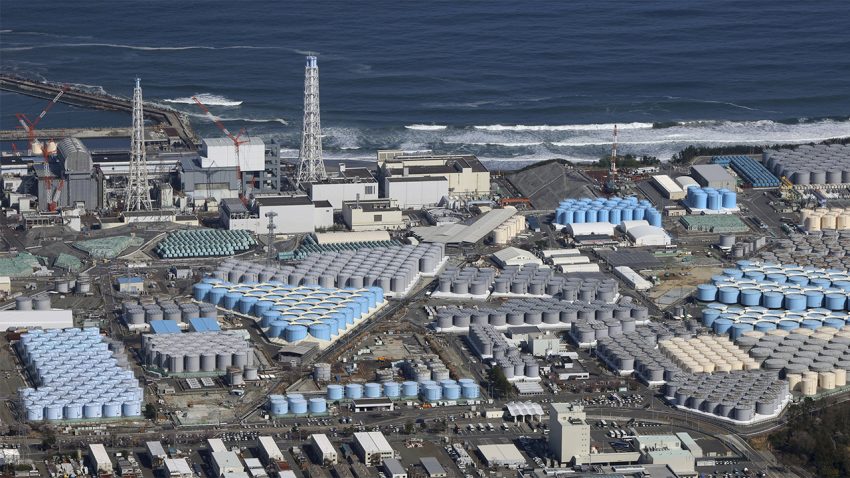Since 2021, the Pacific Islands Forum Secretariat has been engaged in slow but steady diplomacy to delay and ultimately halt the planned ocean dumping of treated radioactive wastewater from the Fukushima Daiichi nuclear reactor in Japan. But this effort is being undercut by some Pacific leaders, as they bow to Japanese diplomatic pressure and endorse the proposed ocean dumping plan.
This month, President of Palau, Surangel Whipps Jr. was welcomed to Japan for meetings with Japanese Minister Fumio Kishida. With support from the Tokyo Electric Power Company . . .
Please Subscribe to view full content...
